I don't care what is written about me as long as it isn't true
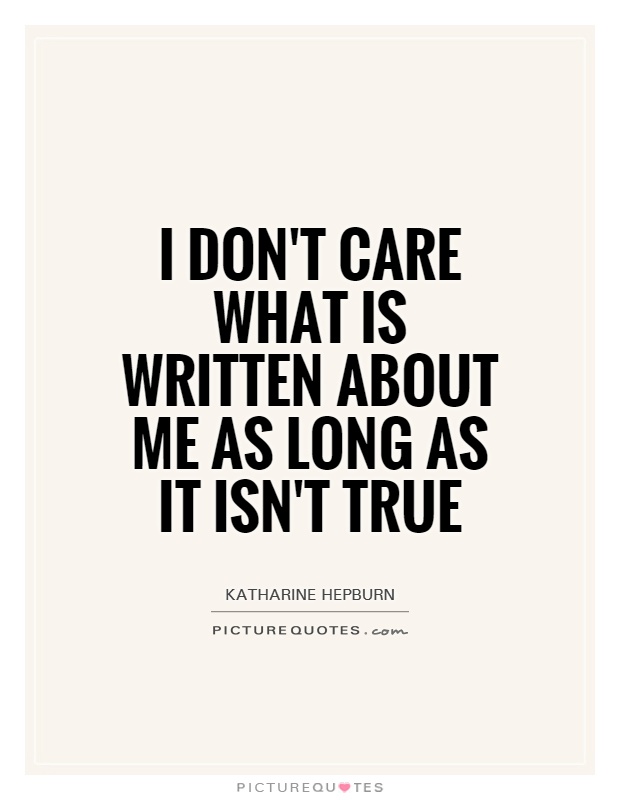
I don't care what is written about me as long as it isn't true
The statement "I don't care what is written about me as long as it isn't true" reflects a sentiment that many individuals may share when it comes to how they are portrayed in the media or in other forms of written communication. In today's digital age, information spreads quickly and can often be distorted or exaggerated, leading to misconceptions about a person's character or actions. As a result, many people may feel frustrated or powerless when faced with false or misleading information about themselves.The phrase suggests that the speaker is more concerned with the accuracy and truthfulness of what is written about them rather than the content itself. This implies that they are willing to accept criticism or negative portrayals as long as they are based on facts and not fabricated or exaggerated. In a world where misinformation and fake news are rampant, it is understandable why someone would prioritize truthfulness over the content of what is written about them.
However, the statement also raises questions about the impact of false information on a person's reputation and well-being. In today's society, where social media and online platforms play a significant role in shaping public perception, false or misleading information can have serious consequences for an individual's personal and professional life. It can damage relationships, tarnish reputations, and even lead to legal repercussions.
Furthermore, the statement highlights the importance of critical thinking and media literacy in evaluating the information that is presented to us. In a world where anyone can publish content online, it is crucial to verify the credibility of sources and fact-check information before accepting it as truth. By being discerning consumers of information, we can protect ourselves from falling victim to false narratives and misinformation.

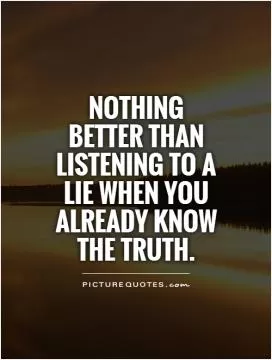



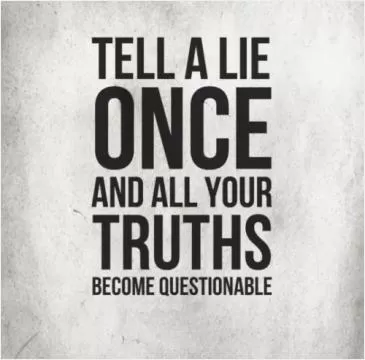
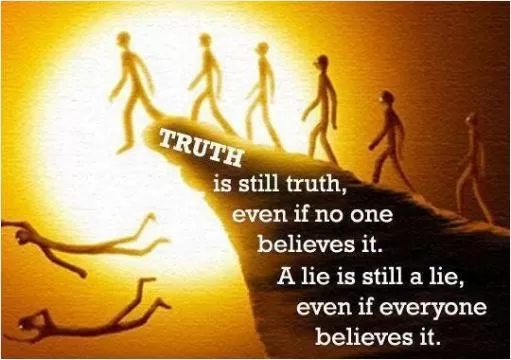

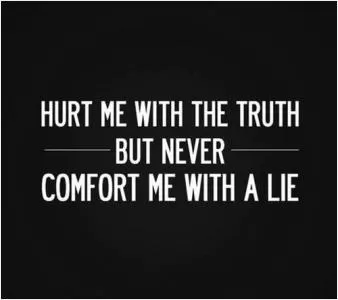
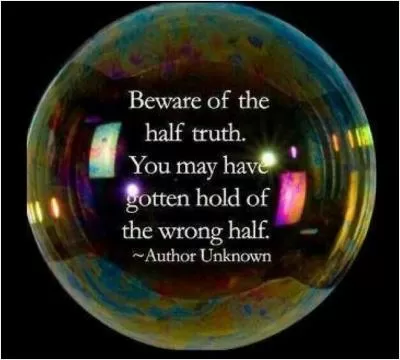


 Friendship Quotes
Friendship Quotes Love Quotes
Love Quotes Life Quotes
Life Quotes Funny Quotes
Funny Quotes Motivational Quotes
Motivational Quotes Inspirational Quotes
Inspirational Quotes